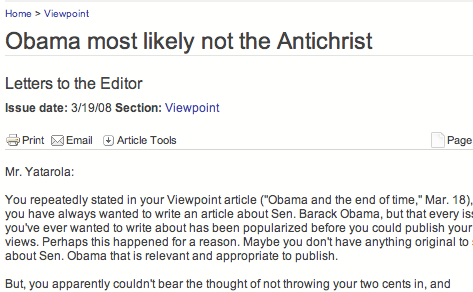
Tonight’s selection goes with last night’s. Late 1860’s US SF. Ergo, for fun, another Lulu edition.
"No," said Q. bravely, "at the least it must be very substantial. It must stand fire well, very well. Iron will not answer. It must be brick; we must have a Brick Moon."
Along with The Epic of Gilgamesh and The Three Little Pigs, Edward E. Hale’s "The Brick Moon" (1869) is one of the three great brickpunk classics of world literature.
Sandemanian technopreneurs look to the bold, bricks & mortar future, with a flywheel-launched, satellite-based global positioning system; but learn valuable life lessons instead.
Brick. It’s awesome stuff.
"The Brick Moon" was originally serialized in The Atlantic Monthly. And there is an interesting thematic connection with the Steam Man, above and beyond the nigh simultaneous publication. Apparently the inspiration for the Steam Man was – the BigDog of its day – this. "However, by observing carefully the cause of failure, persevering and perfecting the man-form, and by substituting steam in place of the perpetual motion machine, the present success was attained." Words to live by.
As I was saying, in "The Brick Moon", our protagonists are likewise weaned off unreal dreams. "Like all boys, we had tried our hands at perpetual motion. For me, I was sure I could square the circle, if they would give me chalk enough." Then, having put away childish things, they are soon enough hyrodynamically flywheeling tons of bricks into the lower atmosphere.
Here’s a free PDF.
Arguably, this version of the three little pigs is even better.
If you are more old school, here’s Gilgamesh: "Go up on the wall of Uruk and walk around, examine its foundation, inspect its brickwork thoroughly. Is not (even the core of) the brick structure made of kiln-fired brick, and did not the Seven Sages themselves lay out its plans?"
Brick. Awesome.

